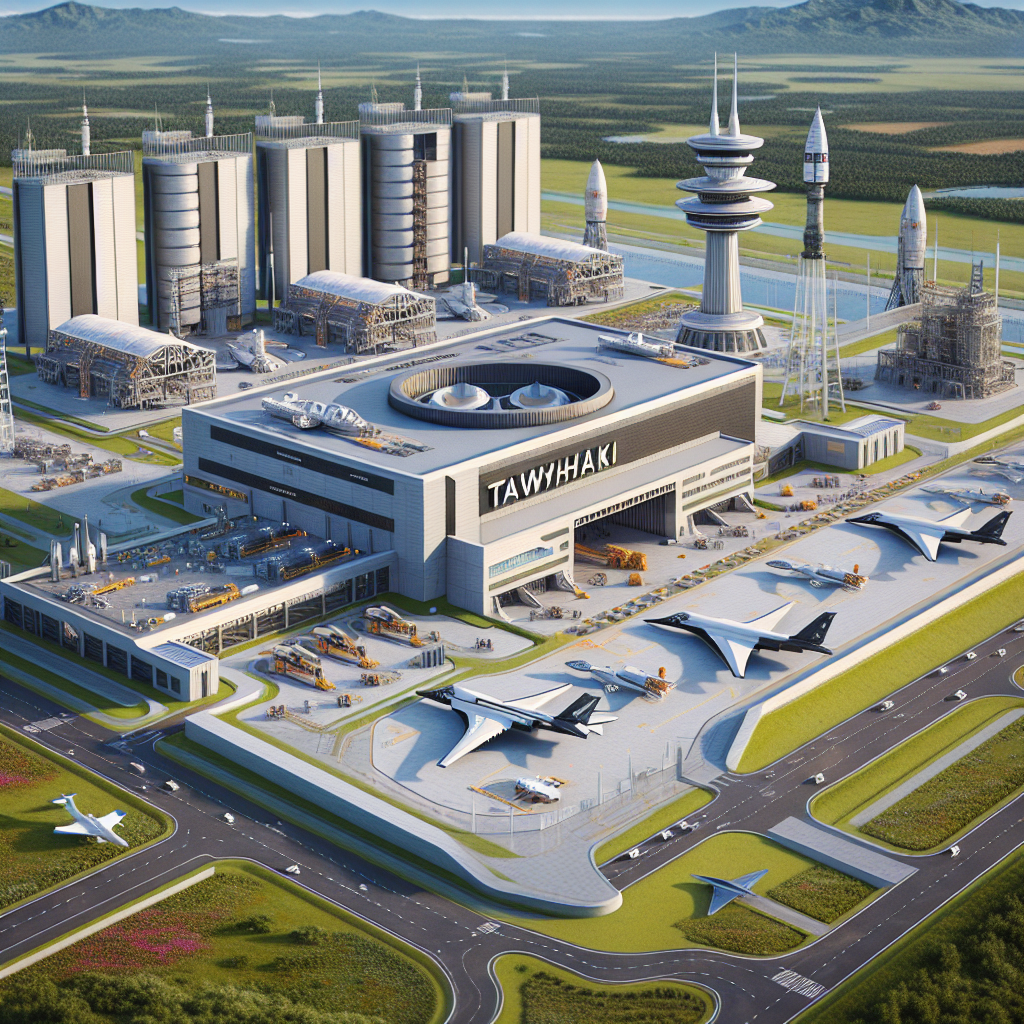Tāwhaki Aerospace Centre Gains Permanent Test Airspace in Boost to Innovation
“The CAA’s permanent special use airspace designation for Tāwhaki anchors Canterbury’s growing reputation as a national hub for space and advanced aviation innovation,” said Minister Collins.

- Country:
- New Zealand
In a major milestone for New Zealand’s aerospace and advanced aviation sectors, Tāwhaki National Aerospace Centre has been granted permanent special use airspace for test flights. The designation, announced by Space Minister Judith Collins, cements the South Island’s role as the nation’s leading hub for next-generation aerospace innovation.
The airspace approval, issued by the Civil Aviation Authority (CAA), allows advanced aviation companies to safely and routinely trial technologies such as autonomous aircraft, rockets, high-altitude platforms, and other cutting-edge flight systems in a controlled and dedicated airspace zone.
“The CAA’s permanent special use airspace designation for Tāwhaki anchors Canterbury’s growing reputation as a national hub for space and advanced aviation innovation,” said Minister Collins.
Unveiling at the Waitaha Canterbury Aerospace Strategy Launch
The announcement was made at the launch of the Waitaha Canterbury Aerospace Strategy, a bold regional vision that aims to position Canterbury as a global aerospace leader by 2035. The strategy is built on pillars including infrastructure, talent development, industry partnerships, and global collaboration.
“Canterbury is an ideal launchpad for the space and advanced aviation sectors due to its combination of location, test-bed facilities, research and innovation capability, manufacturing capability and workforce,” Collins noted.
Economic Growth and Sectoral Expansion
New Zealand’s aerospace and advanced aviation industries are booming, and the latest developments signal continued upward momentum. According to government data:
-
The space sector grew by 53% over five years, contributing over $2.47 billion to the economy by 2023–24.
-
The advanced aviation sector contributed another $480 million during the same period, with significant crossover between the two fields.
This explosive growth underscores the need for supportive infrastructure and agile regulation, both of which the government has pledged to deliver.
Regulatory Reforms to Unleash Innovation
Alongside the airspace designation, the government is also progressing major regulatory reforms to streamline and modernize the aviation framework. The CAA is currently consulting on proposed amendments to the Civil Aviation Rules, with an emphasis on enabling aerospace innovators to test and deploy emerging technologies more easily.
“A new rule will, in most cases, allow advanced aviation companies to freely develop their product without needing to seek further approvals,” Collins explained.
The goal is to establish a world-class regulatory environment by the end of 2025, enabling New Zealand to remain competitive in the rapidly evolving aerospace sector.
Christchurch to Host Global Aerospace Summit
Looking ahead, the New Zealand Aerospace Summit, scheduled for October in Christchurch, will bring together global leaders, innovators, and investors. The event will offer a platform to showcase Tāwhaki’s unique capabilities, as well as Canterbury’s broader strengths in research, engineering, and advanced manufacturing.
Airspace Management and Public Engagement
Tāwhaki will manage the newly designated Special Use Airspace, activating it only when needed to accommodate test flights while ensuring minimal disruption to other airspace users. This model balances safety, innovation, and collaboration across aviation stakeholders.
Public consultation on the proposed aviation rule changes remains open until 27 July, giving citizens, businesses, and industry professionals a chance to shape the regulatory future of New Zealand’s aerospace landscape.
A National Vision Taking Flight
With the combination of new airspace access, regulatory support, and targeted regional strategies, the government is positioning New Zealand—and Canterbury in particular—as a launchpad for the future of flight.
“Overall, this is an exciting opportunity to grow advanced aviation in New Zealand,” concluded Minister Collins.










